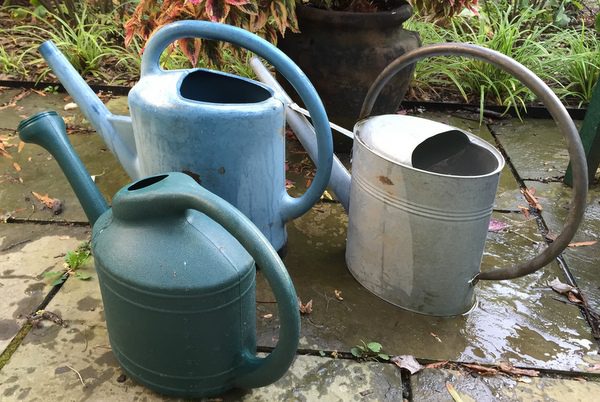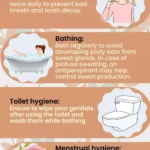Choosing the right watering tool can make a world of difference in your gardening success. Two popular options, the watering can and the hose, each offer unique advantages and disadvantages. Understanding these differences will help you select the best tool for your specific needs and ensure your plants thrive. This article will delve into the pros and cons of both watering cans and hoses, considering factors like garden size, plant types, and personal preference to guide you towards the perfect watering solution.
Watering Can Benefits
A watering can is a classic gardening tool that offers several benefits, particularly for smaller gardens or specific tasks.
- Precise Control: One of the biggest advantages of a watering can is its ability to deliver water directly to the base of plants with minimal splashing. This targeted watering helps prevent overwatering and promotes healthy root development. The gentle flow also makes it ideal for delicate seedlings or plants with shallow roots.
- Portability: Watering cans are lightweight and easy to maneuver, allowing you to reach even hard-to-access areas in your garden. They’re perfect for tending to container gardens, hanging baskets, or individual plants scattered throughout a larger space.
- Reduced Water Waste: The controlled flow of water from a watering can minimizes evaporation and runoff, making it a more efficient watering method compared to hoses. This is especially beneficial in areas with water restrictions or during dry spells.
Hose Advantages
While watering cans excel in precision and portability, hoses offer advantages for larger gardens and more extensive watering tasks.
- Efficiency: Hoses provide a much higher volume of water flow compared to watering cans, allowing you to cover large areas quickly and efficiently. This is particularly helpful for lawns, vegetable gardens, or flower beds that require frequent and substantial watering.
- Versatility: Hoses come in various lengths and configurations, offering flexibility for different gardening needs. You can choose from retractable hoses, expandable hoses, or even hoses with built-in sprinklers to customize your watering setup.
- Time-Saving: Watering a large garden with a hose significantly reduces the time spent on this essential task. The high water flow allows you to cover more ground quickly, freeing up your time for other gardening activities.
Garden Size Considerations
The size of your garden plays a crucial role in determining the best watering tool.
- Small Gardens: For gardens with limited space, a watering can is often the most suitable choice. Its portability and precise control allow you to easily reach all plants without wasting water. Container gardens, raised beds, or small flowerbeds are ideal for watering cans.
- Large Gardens: If you have a sprawling lawn, vegetable garden, or extensive flower beds, a hose will be significantly more efficient. The high water flow and coverage area make it the preferred tool for watering large spaces quickly and effectively.
Plant Type Factors
Different plants have varying watering requirements, and the best tool can depend on the specific needs of your garden.
- Delicate Plants: Seedlings, young plants, or those with shallow roots benefit from the gentle flow and precise control offered by a watering can. This prevents overwatering and root damage.
- Established Plants: Mature plants with deeper root systems can often tolerate the higher water flow of a hose. However, it’s important to avoid saturating the soil excessively, which can lead to root rot.
Personal Preference
Ultimately, the best watering tool comes down to personal preference and comfort level.
- Physical Limitations: If you have mobility issues or find lifting heavy objects challenging, a watering can might be more suitable.
- Gardening Style: Some gardeners prefer the hands-on approach of using a watering can, while others appreciate the efficiency and speed of a hose. Consider your individual gardening style and choose the tool that feels most comfortable and enjoyable to use.
Conclusion
Choosing between a watering can and a hose involves weighing several factors, including garden size, plant types, personal preference, and watering needs. A watering can offers precise control and is ideal for smaller gardens or delicate plants, while a hose provides efficiency and coverage for larger areas. By carefully considering these factors, you can select the perfect watering tool to ensure your garden thrives.



